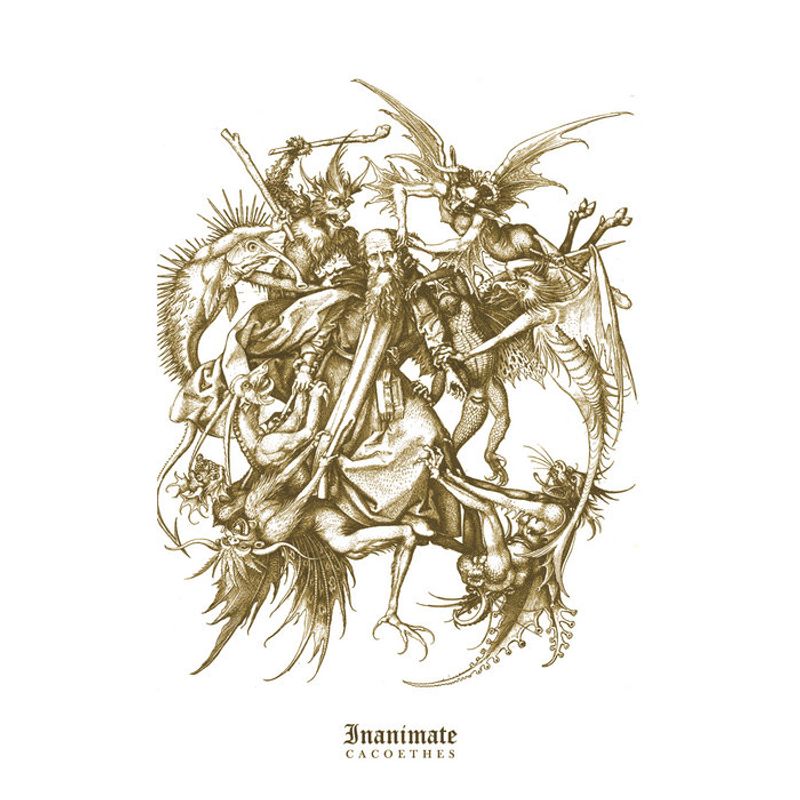Some words fade away quietly. Others go down swinging. These 15 gems from long-extinct languages are witty, wise, and oddly relevant to modern life. From Latin to Ancient Greek to Old English, these forgotten phrases deserve a second act—and maybe even a spot in your vocabulary.
1. Schadenfreude (Old High German)
Schadenfreude brings a guilty chuckle to many. It’s that secret joy felt when witnessing another’s small misfortune. Not to be confused with malice, it’s a shared human experience, connecting us through humor and shared folly.
The word allows us to embrace this complex emotion without judgment. It’s a reminder that life’s unpredictabilities are sometimes best met with laughter. Schadenfreude is a linguistic gem, capturing a nuanced human reaction that English words often miss.
2. Apricity (Old English)
Apricity is the warmth of the sun on a cold winter’s day, a rare yet cherished experience. For those who’ve shoveled snow, the sun’s gentle warmth becomes a moment of reprieve, a joyful reminder of brighter days. It’s an expression of gratitude for nature’s small mercies. The sun’s rays breaking through the cold offer a unique comfort, a blend of warmth and chill that’s both invigorating and soothing. Apricity invites us to pause and appreciate life’s subtle contrasts, offering a word to those who savor winter’s hidden charms.
3. Susurrus (Latin)
Susurrus describes the soft, whispering sounds of nature. It’s the gentle rustling of leaves, the quiet murmur of a stream, or the distant hum of a breeze. These soothing sounds evoke peace and tranquility, connecting us to our surroundings.
Susurrus is more than a word; it’s an invitation to immerse oneself in nature’s gentle whispers. This term encapsulates a serene auditory experience, perfect for those who appreciate quietude.
4. Nefelibata (Portuguese/Latin root)
Nefelibata, meaning “cloud walker,” beautifully captures the essence of dreamers. Those who wander through life with their heads in the clouds, exploring the world through imagination’s lens. It’s a poetic tribute to those who see beyond reality, embracing creativity and whimsy.
Nefelibata celebrates the beauty of dreams, the freedom of unfettered thought, and the joy of imaginative exploration. This word is perfect for the dreamers and visionaries who dare to envision worlds anew.
5. Scripturient (Latin)
Scripturient describes an intense urge to write, a passion that burns within the soul. It’s the feeling that compels one to pour their heart onto paper, capturing thoughts and stories before they fade. For journal keepers and aspiring novelists, scripturient is the perfect word to describe their creative fervor.
This word celebrates the joy of storytelling, the relentless drive to document life’s intricacies. Scripturient is a tribute to every writer’s unyielding passion.
6. Uhtceare (Old English)
Uhtceare is the act of lying awake before dawn, thoughts swirling with worries. It’s a feeling familiar to many, a time when night’s silence amplifies concerns. This word captures the solitude of those early hours when the world sleeps, and the mind is restless.
Uhtceare gives a name to this nocturnal anxiety, offering solace to those who find themselves lost in contemplation. It’s a reminder that worries are a shared human experience, even in solitude.
7. Sapere Aude (Latin)
Sapere Aude, meaning “dare to know,” is a call to curiosity and exploration. It encourages questioning, learning, and the pursuit of truth, even when it challenges conventional beliefs. This phrase inspires those who seek knowledge, reminding us that understanding is a courageous act.
Sapere Aude embodies the spirit of questioning and the bravery to seek answers. It’s a rallying cry for truth-seekers and lifelong learners who dare to challenge the unknown.
8. Meraki (Ancient Greek)
Meraki is the act of doing something with soul, creativity, or love. It’s the passion poured into a project, the joy of creating something meaningful. Whether it’s cooking, painting, or restoring a classic car, meraki represents the heart and effort invested in each endeavor.
Meraki is a celebration of dedication and the unique touch each person brings to their work. It’s a word for those who infuse their efforts with love and creativity.
9. Petrichor (Ancient Greek)
Petrichor captures the earthy fragrance after rain, taking us back to childhood days of playing in summer storms. The fresh, nostalgic scent is more than just a memory; it’s a sensory experience that evokes joy and serenity. In a world looking for simple pleasures, this word brings a forgotten delight.
Petrichor connects us to nature, reminding us of life’s simple beauty. It’s a term that brings nostalgia and peace, perfect for those who cherish nature’s subtle wonders.
10. Fopdoodle (18th-century English)
Fopdoodle, an 18th-century term, describes a fool or insignificant person. It’s a playful insult that evokes a sense of humor and nostalgia. In a world of blunt expressions, fopdoodle offers a whimsical alternative.
This word invites us to embrace the quirks of language, adding flair to our interactions. Fopdoodle is a reminder that language can be both expressive and entertaining, offering a touch of antique charm to our modern vocabularies.
11. Acedia (Latin/Greek)
Acedia reflects a profound spiritual boredom or listlessness, an emotion many experience but few can name. It captures the soul’s lethargy, a malaise not tied to physical fatigue but to existential ennui.
Acedia is a word for those moments when motivation wanes, and purpose feels elusive. It offers a nuanced expression for a complex state of being, allowing us to acknowledge and articulate a subtle but powerful human experience.
12. Cacoethes (Latin)
Cacoethes describes an irresistible urge, often to do something ill-advised. It’s the pull of temptation, the struggle between logic and impulse.
Cacoethes captures this internal conflict, the tension between desire and reason. It’s a word for the moments when the heart’s whims overpower the mind’s caution. Embrace this term next time a whim beckons you toward adventure, or folly. It expresses the irresistible nature of our most daring impulses.
13. Quaeritate (Latin)
Quaeritate means to earnestly inquire or question deeply. It’s a word for those who seek to understand, diving into curiosity with fervor.
Quaeritate captures the essence of intellectual pursuit and the relentless quest for truth. It’s a term that encourages us to value inquiry, reminding us that knowledge is a treasure worth seeking. This word is perfect for those whose minds are always questioning, always exploring.
14. Agelast (Ancient Greek)
Agelast describes someone who never laughs, a person whose demeanor remains unchanged by humor. It’s the serious uncle at a family gathering, the colleague who never cracks a smile. Agelast captures a stoic presence amid laughter, a contrast to the joy around.
This word offers a humorous observation of those who stand apart from mirth, a gentle tease for the unyielding serious folks we know. Agelast adds a light-hearted touch to our understanding of human behavior.
15. Yesterfang (Old English)
Yesterfang refers to leftovers from yesterday’s feast, a term that adds charm to culinary remnants. It captures the joy of revisiting meals past, savoring flavors that linger beyond their initial serving.
Yesterfang is a celebration of resourcefulness and savoring what remains, turning simple leftovers into a delightful continuation. It’s a word for those who find joy in the familiar taste of well-loved dishes, perfectly aged overnight.















